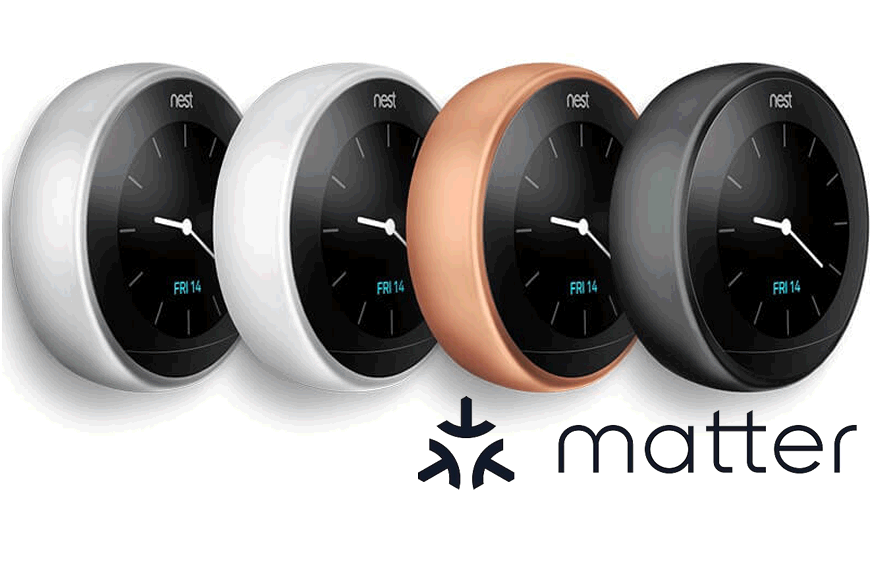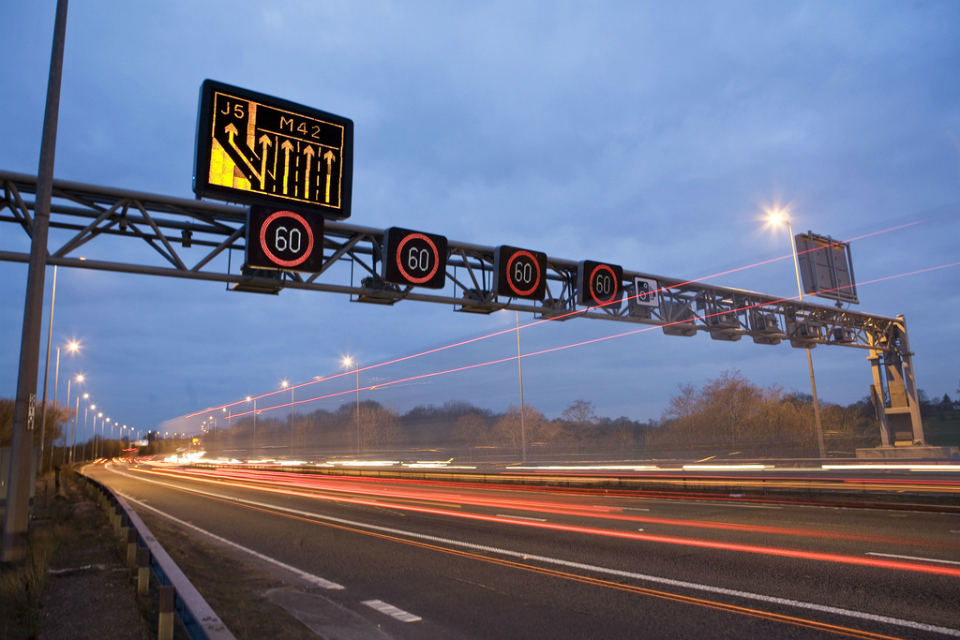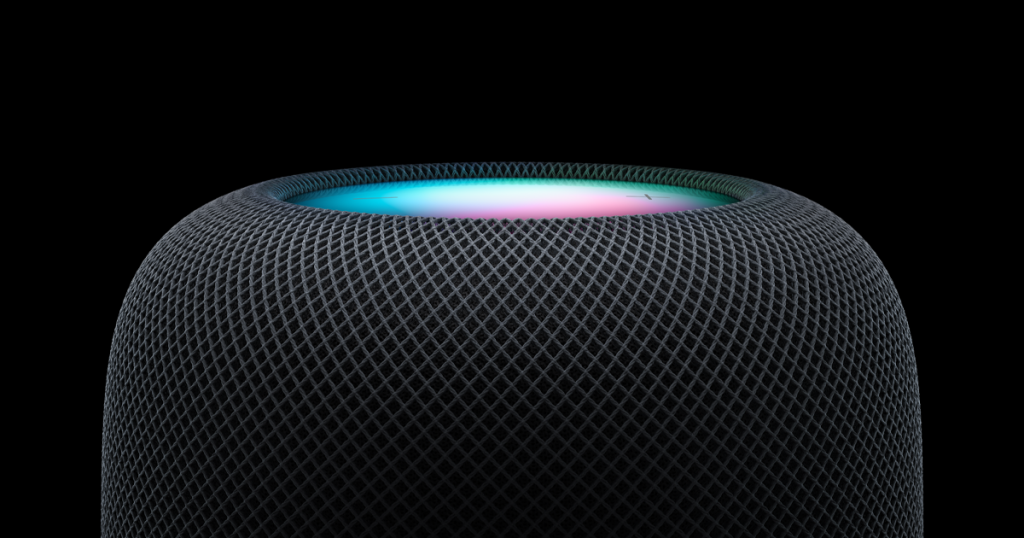
Aqara Launches Highly Anticipated Presence Sensor FP2
Aqara has introduced its latest smart home product, the Presence Sensor FP2. This revolutionary sensor uses millimeter wave radar technology for human presence detection, offering much more accurate results than traditional passive infrared sensors. The FP2 can detect even the slightest movement, such as breathing, and can track up to five people simultaneously. It also enables tailored automations for up to 30 zones within a room, providing users with a rich smart home experience.
The FP2 is not limited to Aqara’s smart home ecosystem, as it can also be synced with third-party platforms like Apple Home, Amazon Alexa, Google Home, and Home Assistant. It supports the latest smart home standard, Matter, and fall detection is built into the sensor, making it ideal for senior citizens. With its powerful hardware, the FP2 will be able to support additional cutting-edge features like posture detection, sleep monitoring, and respiratory rate detection via future OTA updates.
The FP2 sensor is now available for purchase worldwide, making it accessible to smart home enthusiasts around the globe. In the UK it can be purchased from Official Aqara distributor “The Smart and Secure Center“

Matter Update to Google Nest Thermostats
The Nest Thermostat has received a new update that enables it to work natively with Apple Home via the Matter smart home standard. As the first smart thermostat to support the new Matter connected standard, the Nest Thermostat is now compatible with any Matter smart home platform over Wi-Fi, providing numerous possibilities for users to adjust the temperature, change the thermostat’s mode, and control the fan with multiple Matter-certified smart home platforms and apps such as Samsung SmartThings and Amazon Alexa.
After the update, users will see a new Matter settings page appear on the Nest Thermostat and in the Google Home app settings page. From here, users can pair the smart thermostat to any other Matter ecosystem using a Matter pairing code. Although the iOS version of the Google Home app does not currently support Matter, users can still access the Matter pairing code from the thermostat, making it possible to add the device to Apple Home. The update, which started rolling out on April 18, will continue over the next few weeks, bringing exciting new features to Nest Thermostat users worldwide.

Google Nest Survey Shows Users Quickly Become Smart Home Device “Experts”
A recent survey conducted by OnePoll on behalf of Google Nest found that 85% of smart home device users rapidly adopted to their new devices, with over a third (37%) stating they were confident in their expertise. The survey also showed that generational adoption differed, with baby boomers being the fastest adopters of smart home technology, and Gen Z being the slowest.
Director of Product at Google Nest, Karen Yao, said that despite the misconception that smart home devices are designed for technical homeowners, with new protocols like Matter, smart homes are becoming more customisable and require less analysis to determine the best starting place. The survey also found that 41% of respondents agreed that homes could only be considered “smart” if users know how to use their devices to automate their homes. The findings suggest that smart home devices are becoming more accessible to a wider audience and are no longer just for tech-savvy individuals.

UK Government Announces Cancellation of All New Smart Motorway Projects
The UK government has declared that all new smart motorway projects will be scrapped, resulting in 14 motorways being removed from their building plans. The decision is based on financial pressures and the lack of confidence expressed by drivers regarding smart motorways. The government hopes that this move will allow more time to monitor public confidence in existing smart motorways. Despite the cancellation, the government and National Highways will continue to invest £900 million in safety improvements for the current smart motorway infrastructure.
Prime Minister Rishi Sunak and Transport Secretary Mark Harper have expressed their commitment to ensuring that drivers have confidence in the roads they use for daily activities, such as commuting to work and taking children to school. By cancelling the new smart motorway projects, the government aims to demonstrate that it is listening to the concerns of the public while also considering the cost pressures due to inflation. However, the decision to halt the expansion of smart motorways leaves room for debate on the potential benefits of these modern traffic management solutions in addressing traffic congestion and improving overall road safety.

Apple’s HomePod Speakers Introduce Sound Recognition for Smoke and CO2 Alarms
Apple has recently updated its HomePod and HomePod Mini smart speakers with a Sound Recognition feature that monitors for smoke and CO2 alarms, notifying users when they’re away from home. This addition, first mentioned during the 2nd-gen HomePod announcement, employs the device’s built-in microphones to listen for alarms. If detected, an alert is promptly sent to the user’s iPhone, iPad, or Apple Watch, accompanied by a banner in the Home app. Users with HomeKit-compatible smart security cameras can also view a live feed to assess the situation at home.
Activating Sound Recognition is simple: open the Home app on your iPhone or iPad, select your HomePod’s name, navigate to the Settings tab, and turn on Smoke and Carbon Monoxide Alarms. While Amazon’s Guard feature already offers similar capabilities, Apple’s Home feature brings added safety and convenience for HomePod users. for potential fires or carbon monoxide leaks. Additionally, users can configure HomeKit automations in response to these alerts, like deactivating fans or smart switches.
The Sound Recognition feature is compatible with all HomePod generations, including the HomePod Mini, as long as the device is running the latest 16.4 iOS version with the updated Home Architecture.


